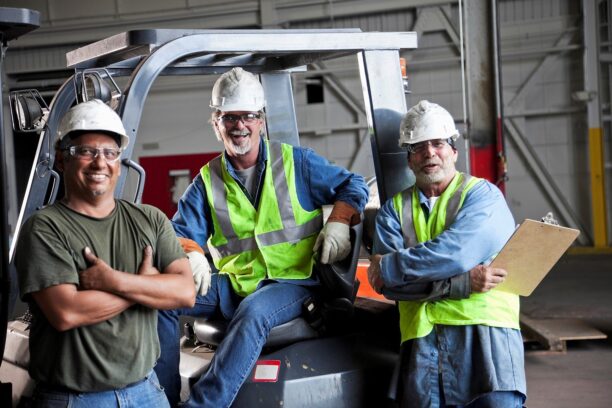Best Practices in Propane Handling

Safety is paramount in the propane industry, where proper handling and adherence to protocols are essential for the protection of both employees and customers. In this article, we’ll explore practical strategies for implementing safety protocols in propane businesses, focusing on storage, transportation, and delivery operations.
Understanding Safety Regulations
Before delving into specific safety measures, it’s crucial for propane businesses to have a clear understanding of regulatory requirements set forth by relevant authorities. This includes compliance with standards such as those established by the Occupational Safety and Health Administration (OSHA) and the National Fire Protection Association (NFPA).
Training Staff Comprehensively
A well-trained workforce is the cornerstone of safety in propane operations. Businesses should invest in comprehensive training programs to educate employees on proper propane handling procedures, emergency response protocols, and the use of personal protective equipment (PPE). Regular refresher courses and safety drills help reinforce these practices and keep skills up-to-date.
Emphasizing Equipment Maintenance
Regular maintenance and inspection of propane storage tanks, delivery vehicles, and associated equipment are imperative in order to identify and address potential hazards promptly. This includes checking for leaks, corrosion, and structural integrity to ensure equipment remains in optimal condition. Any issues should be addressed promptly to prevent accidents or downtime.
Implementing Safety Protocols
Propane businesses should establish clear and standardized safety protocols for every aspect of their operations, from loading and unloading propane tanks to conducting leak tests and emergency shutdown procedures. Emphasize the importance of following established protocols rigorously and empower employees to speak up if they observe unsafe practices.
Utilizing Personal Protective Equipment (PPE)
Providing employees with appropriate PPE, such as gloves, safety goggles, and flame-resistant clothing, is essential to minimize the risk of injury during propane handling tasks. Ensuring that PPE fits properly and is worn consistently helps protect workers from potential hazards associated with propane operations.
Promoting a Safety Culture
Creating a culture of safety within the organization involves fostering open communication, encouraging reporting of near-misses or safety concerns, and recognizing and rewarding employees for adhering to safety protocols. Regular safety meetings and toolbox talks provide opportunities to reinforce safety messages and address any emerging issues.
Protecting the Company and Community
Prioritizing safety in propane handling operations is not only a legal obligation but also a moral imperative to protect the well-being of employees and the communities they serve. Safety is everyone’s responsibility, and continuous vigilance is key to maintaining excellence in propane handling practices. For those seeking expert guidance in propane safety training and compliance, consider exploring Propane Safety Pro. With specialized resources and comprehensive programs, Propane Safety Pro offers the expertise needed to elevate the safety standards within your organization. To learn more about their services, visit PropaneSafetyPro.com.










